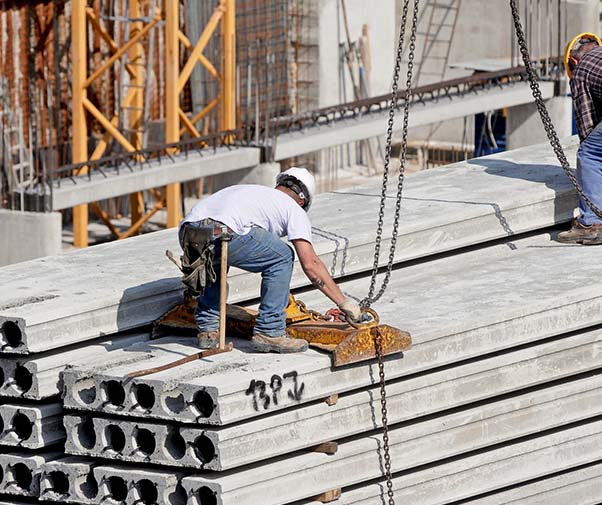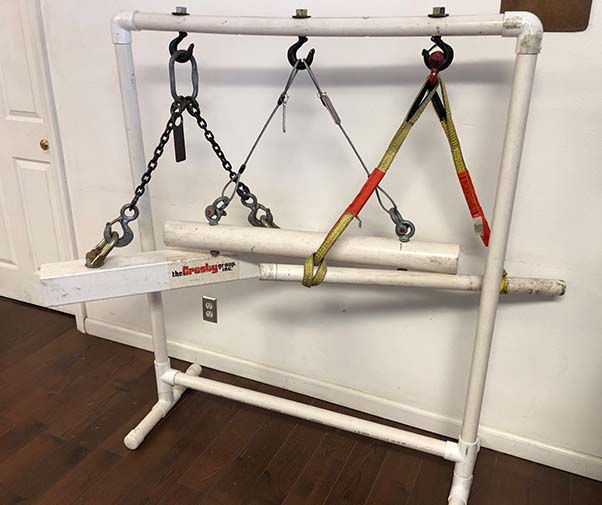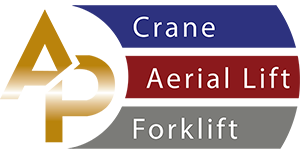
Rigging and signal person qualification training for the crane industry is crucial. A qualified rigger and signal person has recognized training to move loads safely. A qualified rigger or signal person will have extensive experience, training, and knowledge, which can strongly prove the ability to resolve problems related to rigging loads.
Each person designated as the qualified rigger or signal person must possess the ability to correctly rig or signify the operator when moving a load. It does not imply that a rigger must be qualified to do every type of rigging task.

Rigging Qualification Requirements Of Subpart CC
Cranes and Derricks in Construction, as specified in 29 CFR 1926.1401, 1926.1404, and 1926.1425. This became effective on November 8, 2010.
A qualified rigger is a rigger that meets the standards for a qualified person. Businesses must decide whether a person is qualified to complete specific rigging jobs. Various qualified riggers may have different credentials or experience.
Requirements
Qualified Riggers Are Required When:
All businesses must use qualified riggers and signalperson when hoisting activities for construction and disassembly work (1926.1404(r)(1)). Additionally, qualified riggers are required when operators are within the fall zone and securing, unhooking, or managing a load, or doing the initial connection of a load to a component or structure (1926.1425(c)).
All loads that require rigging has unique properties that can range from the simple to the complex. For instance, a rigger may hold a wide experience in rigging fundamental components and other equipment to support specific construction activities. Such experience may have been earned over multiple years.
However, the experience appears to not automatically qualify the rigger to rig unstable, exceptionally heavy, or unusual loads that may require a harness lift, multiple lifts, or use of custom rigging equipment. In reality, businesses must make sure people doing the rigging work need the exact types of training for loads and lifts particular jobs along with rigging equipment used.
Riggers don't need to be certified by an accredited organization or assessed by a third party. Businesses may choose to use a third-party entity to evaluate the qualifications of the rigger applicant, but they are not required to do so.
Requirements
Signal Person Qualification Requirements Of Subpart CC
Cranes and Derricks in Construction, as specified in 29 CFR 1926.1419 and 1926.1428. Additional requirements associated to signal persons can be found at 29 CFR 1926.1404, 1926.1430, 1926.1431, and 1926.1441. This became effective on November 8, 2010.
A Signal Person Is Required For:
The period of operation is not in full view of the operator (1926.1419(a)). The operator's view is blocked in the direction the equipment is moving. Either the operator or the person handling the load will define a signal person is required for site-specific safety matters.
The Signal Person Is Recognized Qualified If:
- Knows and recognizes the type of signals used at the work-site.
- Is responsible for using these signals.
- Understands the procedures and restrictions of the equipment, including the crane dynamics. Includes swinging, raising, lowering and stopping loads as well as boom deflection of hoisting loads.
- Knows and understands the proper signal person qualification requirements defined in subpart CC (1926.1419-1926.1422; 1926.1428). Passes a verbal or written test and a practical test.
- Businesses must use one of the following alternatives to ensure that a signal person is qualified (see 1926.1428).
The Third-Party Qualified Evaluator
The signal person has documentation from a third party qualified evaluator proving that he or she matches the qualification requirements.
The business's qualified evaluator evaluates the individual, decides the individual matches the qualification requirements including proof of documentation of that decision. This evaluation may not be relied on by other employers. Refer to 1926.1401 for definitions of qualified evaluators.
Rigging And Signal Person Documentation
All Employers must make the documentation of the rigging and signal person documentation accessible at the work-site, either in paper form or electronically. Documentation must define each type of signaling (e.g., hand signals, radio signals, etc.) for which the signal person is qualified under the requirements of the standard.
